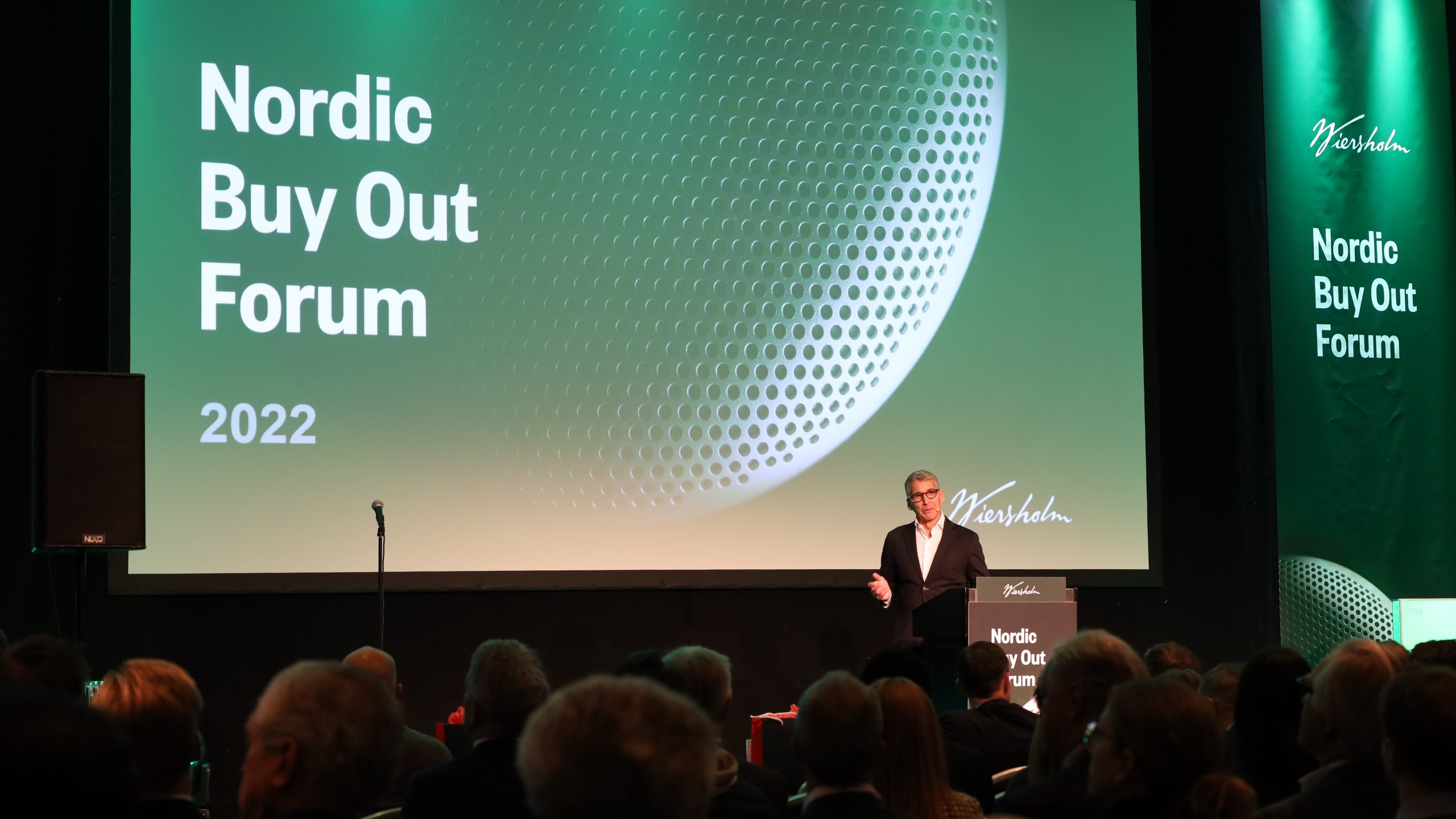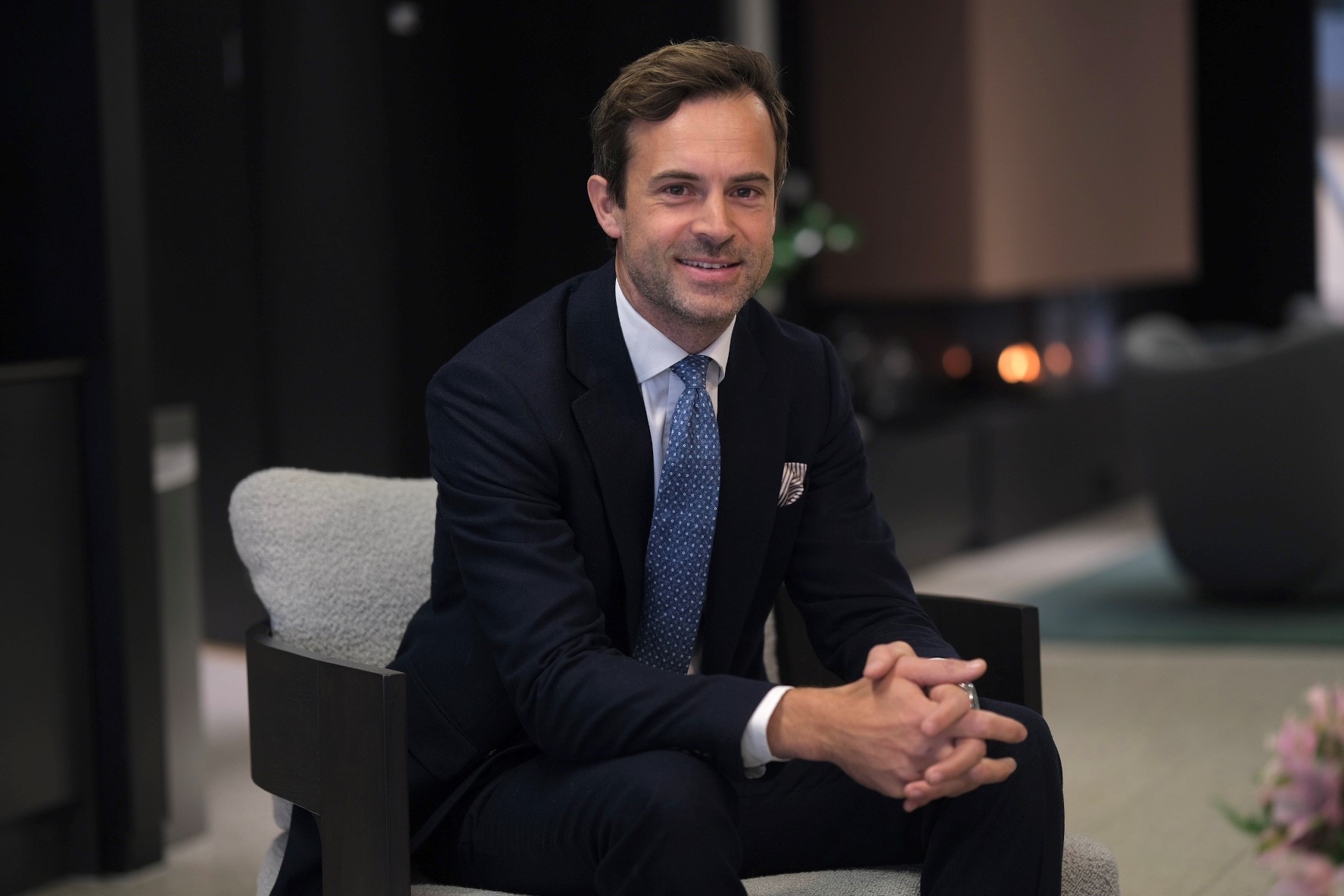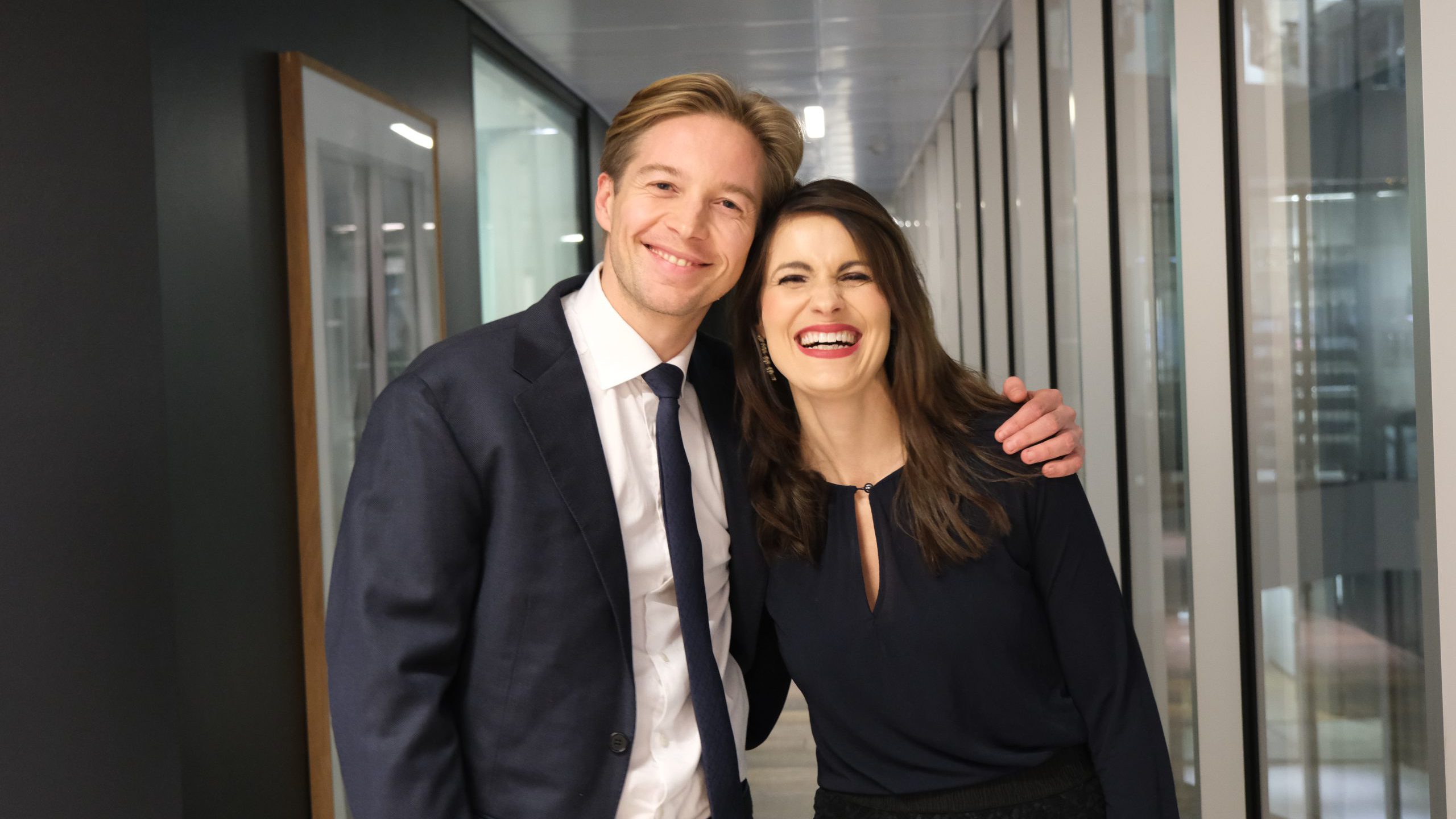Nordic Buy Out Forum 2022 – highlights

On December 8, Wiersholm invited the private equity industry and professionals working in M&A in the Nordics to Nordic Buy Out Forum 2022, now in its twelfth year. As well as a look at recent trends and horizon scanning for the M&A landscape, the main themes of the Forum were 'Investing in Turbulent Times', 'Energy Crisis and Energy Transition' and 'Tech Sector Turmoil – What's Next?'
Part 1 | M&A Trends and Outlook
The conference kicked off with an overview of recent and upcoming trends from Wiersholm partner and host Jarle Kvam and ABG Sundal Collier’s Kristian B. Fyksen and Bengt Jonassen, together with some Norwegian private equity insights from Ellen Vold from NVCA.
They observed that Norway and the Nordics, in line with the global picture, has seen a dramatic fall in M&A deal activity in 2022 when compared with 2021. There remains a stable level of M&A activity, but deals are slowing down and taking longer to complete, with a cautious and more risk-averse market leading to a greater focus on preparation, planning and project management. There has also been a strong level of interest and activity in public-to-private and corporate cave-out deals, albeit it at a slow pace.
Looking ahead to 2023, the same deal drivers exist as those 12 months ago, with good opportunities remaining, a possible catch-up effect from 2020 and 2021 and deal fundamentals being supportive of significant M&A activity, with sectors such as oil and gas, construction and IT likely to be particularly attractive for investment.
Ellen Amalie Vold, NVCA
Part 2 | Investing in Turbulent Times
Part 2 of the conference featured presentations from:
- Equinor Ventures’ Kjersti Reinsnos and Børre Stokholm (Corporate venture: How to invest strategically and find the next winners);
- Exponent Private Equity’s Mark Taylor (Corporate carve-outs, family and entrepreneur businesses: How to unlock a PE deal in turbulent times);
- EQT’s Christian Sinding (Scandinavian capitalism – our approach to sustainability and value creation);
- Pareto Securities’ Christian Jomaas and Lisa Karlsen (High yield bonds – flexible funding for private equity owned companies); and
- Altor Equity Partners’ Tom Jovik (Opportunities in industrial green transition)
Key takeaways included:
- There are significant risks and opportunities in the current investment climate, with key factors including the technology involved, market and scalability and energy policies. With 750m USD of available capital and a broad mandate, Equinor Ventures in Norway’s largest corporate venture capital fund, with 70% of investments focused on renewable and low carbon
- There are significant opportunities in ‘primary’ transactions, such as carve outs, public to private, family/founder sales, even in a challenging market, as the timing of opportunities are often independent of the market conditions. Such companies have significant room for growth through focus on ESG, digital transformation, international growth and overall professionalisation.
- Sustainability should be seen as a means rather than a feature of driving value, and private capital has a huge role to play in driving change where governments are falling short. The energy transition has a USD 4 trillion funding gap and there is significant opportunity for so-called ‘Scandinavian capitalism’, respecting and leveraging from a focus on areas such as sustainability, biodiversity and human rights, whilst ‘staying ahead’ of the regulators.
- High yield bonds has become a popular form of funding for private equity owned companies, including Nordic High Yield and sustainability-linked bonds, and offering a flexible and more efficient access to capital, with a strong global investor interest
- Decarbonisation could be seen as the biggest investment opportunity in our lifetime, with industry representing 30% of European emissions and a strong Nordic presence in that. Society is moving towards CO2-free supply chains and established industrial segments such as steel production can be ‘shaken up’ to meet future needs and demands.
Mark Taylor, Exponent Private Equity
Part 3 | Energy Crisis and Energy Transition
In Part 3, presentations were from:
- Norges Bank Investment Management’s Anne Maria Eikeset (Energy transition and complex adaptive systems – identifying new niches and investment opportunities);
- Rystad Energy’s Jarand Rystad (The energy crises and consequences for the energy transition and energy M&A)
- HitecVision’s Ove Gusevik (Energy investments in transition)
- Ardian’s Daniel von der Schulenburg (Infrastructure opportunity in a changing market environment: energy transition, inflation and digitalization)
Key takeaways included:
- In the energy transition, there is a risk/reward of investments that is partly based on collective behaviours such as social acceptance and regulation. Understanding complex adaptive systems, such as financial markets, can help to identify opportunities quicker than the competition
- In the energy transition, the market must compete fossil fuels out of the market, and this should be possible with renewable energy sources such as solar and wind having lower operations costs than, for example, oil and gas. Solar and wind are more efficient and cheaper, so could take over the energy market quicker than many people think.
- Companies in the oil and gas, industrial and utilities sectors can transition to support a low carbon economy through investment and partnerships, with collaboration driven by investors in both ‘old’ (fossil fuel) and ‘new’ (renewable and low carbon) companies.
- In a challenging market, infrastructure investments represent a sound and resilient investment that will perform well during high inflation, by their nature are essential, and with the energy transition, these assets will receive government support – with a USD 12.4bn global infrastructure investment gap, the private sector is needed to address this.
Jarand Rystad, Rystad Energy
Part 4 | Tech Sector Turmoil – What’s Next?
The final part featured presentations from:
- Wiersholm’s Kristian Elvestad Ottesen (Carve-out transactions: Who owns the data and important considerations to make)
- Viking Venture’s Erik Fjellvær Hagen (From local hero to international star: How do you scale B2B software companies?)
- IEG Investment Banking Group’s Stefan C. Heilmann (6 digital trends which will impact private equity investments)
Key takeaways included:
- In a carve out transaction, careful consideration must be given to data ownership and the consequences post-closing, including a clear mapping and plan – which requires good lawyers!
- There is a huge need for digitisation within companies, and the current market provides opportunities to investment in high quality companies at a discount, in particular B2B software companies with strong revenue, significant growth potential and business functions that support work processes
- Private equity investments will be impacted by a broad range of digital trends, such as clustering of ecosystems, user experience (UX), blockchain, data leverage and user journey life cycles (eg digital healthcare)
Kristian Elvestad Ottesen, Wiersholm
Do you want to take part in the 2023 event? Sign up now.
Publisert:




